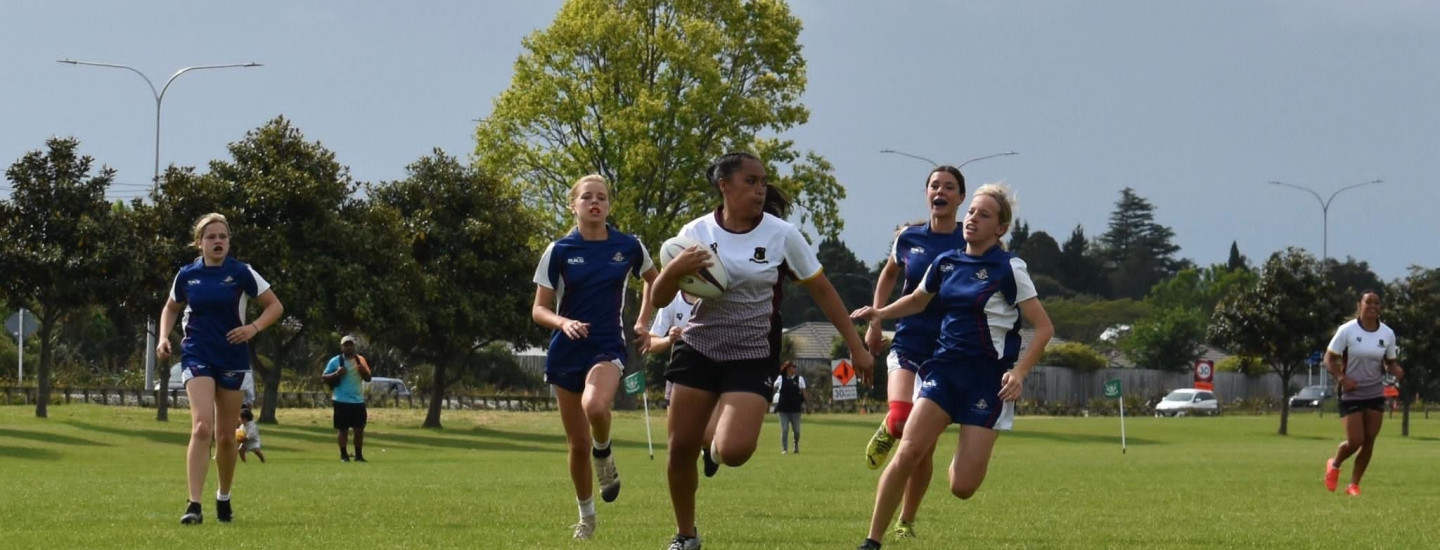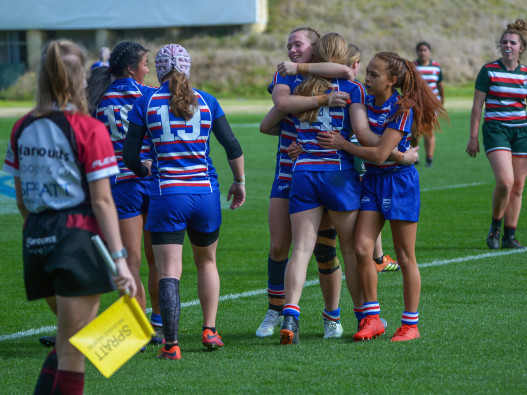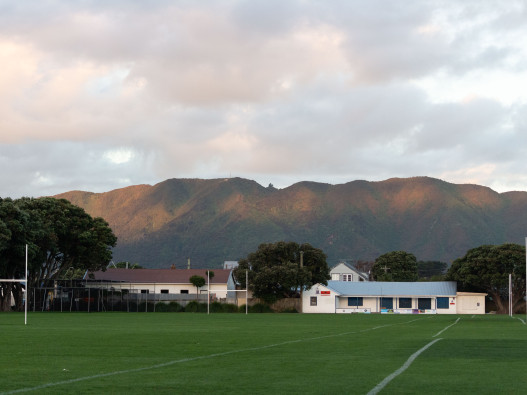Menstrual Health Toolkit
It is helpful to understand that a period is a normal process that results in changes in a player’s body and can affect how they feel, which may impact performance on the field, in training, or during recovery. By having an understanding and supportive environment, you can help players make informed decisions about training, nutrition, and self-care to support their health, wellbeing, and performance.


